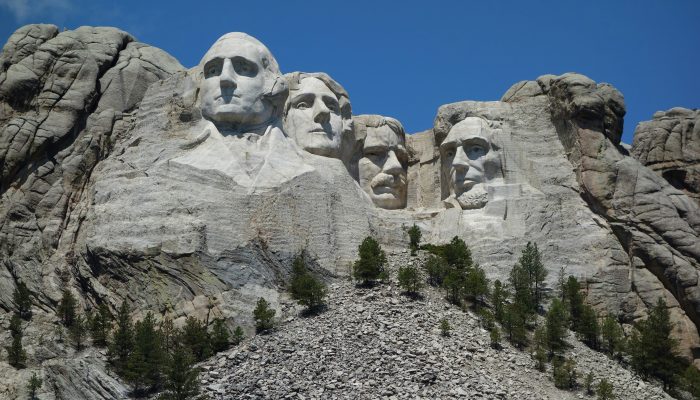All you have to do to become a South Dakota resident is spend one night.
Stay in a campground or hotel and then stop by one of the businesses that specialize in helping people become South Dakotans, and they’ll help you do the paperwork to gain residency in a state with no income tax and relatively cheap vehicle registration.
The system brings in extra government revenue through vehicle fees and offers refuge to full-time travelers who wouldn’t otherwise have a permanent address or a place to vote.
And that’s the problem. State leaders are at a stalemate between those who say people who don’t really live in South Dakota shouldn’t be allowed to vote in local elections and those who say efforts to impose a longer residency requirement for voting violate the principle that everyone gets to vote.
And at least one state has gotten wind that its residents might be avoiding high income taxes with easy South Dakota residency and is investigating.
Catering to the nomadic lifestyle
Easy South Dakota residency for nomads has become an enterprising opportunity for businesses such as RV parks and mail forwarders.
“That’s the primary concept here, is the people that have given up their sticks and bricks and now are on wheel estate, we call it, and they’re full-time traveling,” said Dane Goetz, owner of the Spearfish-based South Dakota Residency Center, which caters to full-time travelers. “They need a place to call home, and we provide that address for them to do that, and they are just perpetually on the move.”
Goetz estimated more than 30,000 people are full-time traveler residents of South Dakota, but the actual number is unclear. The state Department of Public Safety, which handles driver licensing, says it doesn’t track the number of full-time traveler applications.
Officials of the South Dakota Secretary of State’s Office did not respond to emailed questions or a phone message seeking the state’s tally of full-time travelers registered to vote. The office is not responsible for enforcing residency requirements, Division of Elections Director Rachel Soulek said.
Victor Robledo, his wife and their five kids hit the road a decade ago in a 28-foot (8.5-meter) motorhome to seek adventure and ease their high cost of living in Southern California. They found South Dakota to be an opportunity to save money, receive mail and “take a residency in a state that really nurtures us,” he said. They filed for residency in 2020.
“It was as simple as coming into the state, staying one night in one of the campgrounds, and once we do that, we bring in a receipt to the office, fill out some paperwork, change our licenses. I mean, really, you can blow through there — gosh, 48 hours,” Robledo said.
Residency rules spark election concerns
Residency becomes thorny around voting. Some opponents don’t want people who don’t physically live in South Dakota to vote in its elections.
“I don’t want to deny somebody their right to vote, but to think that they can vote in a school board election or a legislative election or a county election when they’re not part of the community, I’m troubled by that,” said Democratic Rep. Linda Duba, who cited 10,000 people or roughly 40% of her Sioux Falls constituents being essentially mailbox residents. She likes to knock on doors and meet people but said she is unable to do “relationship politics” with travelers.
You can read the full article at KXLG.

